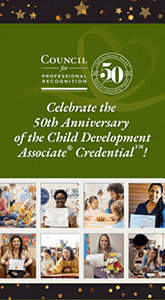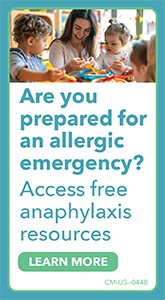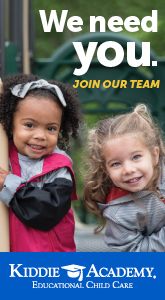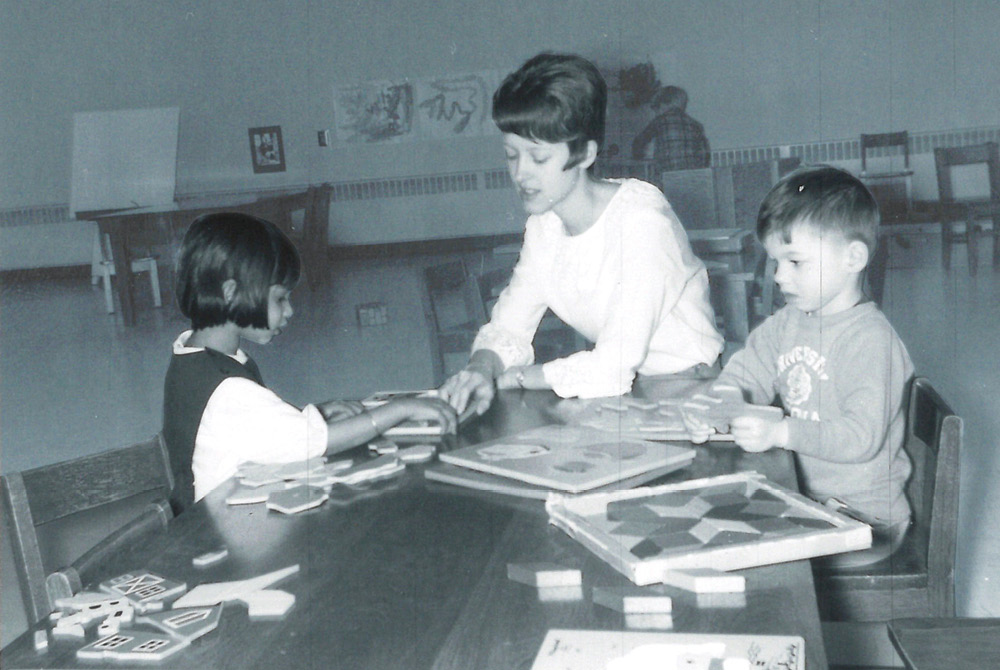October 3, 2024
Wisdom from Katz Ladies
We are doing earlier and earlier to children what we shouldn’t do later.
– Lilian Katz, professor emerita of early childhood education at the University of Illinois at Urbana-Champaign
Contributed by Nancy Rosenow, retired Executive Director of Dimensions, and former publisher of Exchange Press.
Lilian Katz, a highly respected voice in the early childhood field, and an early proponent of project work for young children, wrote an important article for Exchange magazine called “Distinctions between Academic and Intellectual Goals for Young Children.” This article was the topic of a lively discussion between a number of early childhood professionals who joined Heather Bernt-Santy on her podcast, “That Early Childhood Nerd” in her cleverly titled “Katz Ladies” episodes.
Katz defines academic goals for children as “those concerned with acquiring small discrete bits of information, usually related to pre-literacy skills, like the alphabet, counting, simple numbers, and talking about the calendar and days of the week that must be practiced for mastery. Worksheets, drills, and other kinds of exercises designed to prepare them for later literacy and numeracy learning are included in the academically-oriented curriculum. In such a curriculum the items learned and practiced require correct answers, rely heavily on memorization and on the application of formulae versus understanding.”
By contrast, she defines intellectual goals as those that “address the life of the mind in its fullest sense, including a range of aesthetic and moral sensibilities. The formal definition of the concept of intellectual emphasizes reasoning, hypothesizing, predicting, and the quest for understanding and conjecturing, as well as the development and analysis of ideas. Intellectual lives actually begin at birth as the infant strives to make sense of surrounding events and the responses of others to their actions.”
Katz makes the important statement, based on a number of research studies, that “early introduction of formal academic instruction may not be in the best interests of many of our children, and in fact, may be damaging in the long term. Rather, early childhood curriculum and teaching methods are best when they address children’s lively minds so that they have frequent opportunities to be fully intellectually engaged as well as provided with ample time to engage in spontaneous play, outdoor activities, listening to stories, and musical activities.”
Share with the hashtag #ExchangeEveryDay
Print Friendly
Related
By Kehinde Helen Orimaye and Jill Steffens












![Teacher reading a book to a circle of children. [©KLA schools]](https://hub.exchangepress.com/wp-content/uploads/2023/01/269-KLA-hero.jpg)